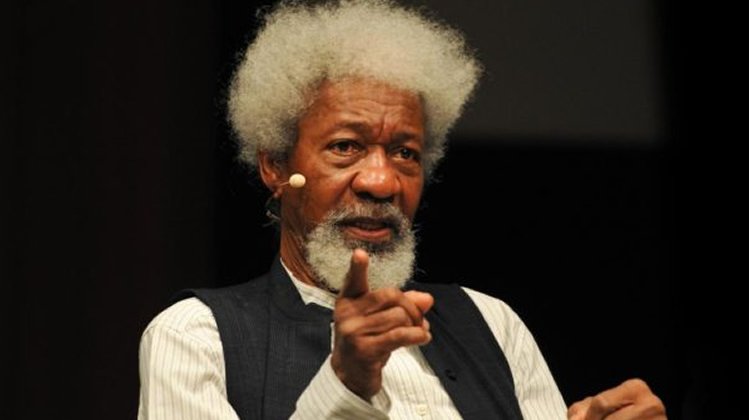
Accolades have greeted the appointment of Africa’s first Nobel Prize winner in Literature, Prof Wole Soyinka, as a faculty member of the New York University, Abu Dhabi (New York and United Arab Emirates).
The consummate essayist and playwright is to join the NYU Abu Dhabi Faculty on September 1, 2022, as an integral part of the university’s academic strategy in its mission as an educational institution.
The varsity on August 23, 2022 noted on its website that Soyinka would join the institution as an arts professor of theatre.
Saturday PUNCH gathered that two lecturers at the university; Manthia Diawara and Awam Amkpa, were involved in the efforts to bring Soyinka on board.
Diawara, a documentary film maker, is a professor of Comparative Literature at the institution and a former director at the institution’s Africana Studies.
Amkpa, who is a professor of Drama at NYU, is Soyinka’s ex-student at the then University of Ife (now Obafemi Awolowo University) where he studied Dramatic Arts. Amkpa is an ex-classmate of gifted Nigerian playwright, Prof. Ahmed Yerima.
Commenting on the development, Yerima, a prolific theatre director and lecturer at the Redeemer’s University, told Saturday PUNCH that he was pleased with Soyinka’s appointment as lecturer at the university.
He stated, “I am very pleased with Prof. Wole Soyinka’s appointment as a lecturer at the New York University Abu Dhabi. I am also grateful to the New York University and Prof. Awam Ankpa, my dear friend, for facilitating the appointment. I wish our grand teacher and father all the best.’’
Similarly, a professor of Literature at the Obafemi Awolowo University, Ile-Ife, Segun Adekoya, described Soyinka’s new appointment as a firm acknowledgment of the Nobel laureate’s towering stature in the culture industry and recognition of his immense and imperishable contributions to world literature.
Adekoya added, “Just as the appointment is a great honour conferred on the accomplished and renowned writer, it will also bring enormous fame and recognition to NYU Abu Dhabi. It is mutually beneficial. I think that it will allow him to do his writing without distractions that national politics and social anomie in Nigeria at present, which ironically provide material for his imaginative writing, could cause.”




